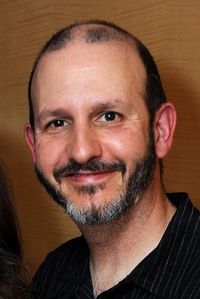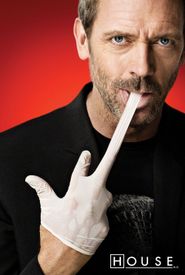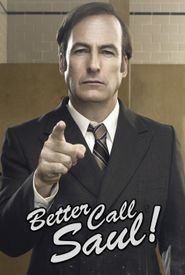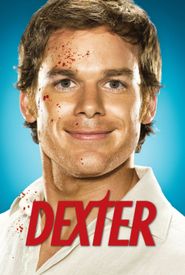Keith Gordon, a multifaceted individual with a passion for the arts, was brought into this world on February 3, 1961, in the vibrant city of New York, located in the state of New York, within the United States of America.
As a creative force to be reckoned with, Keith Gordon has made a significant impact in the entertainment industry through his work as both a director and an actor. His impressive portfolio boasts a range of notable projects, including the critically acclaimed films "A Midnight Clear" (1992),"Waking the Dead" (2000),and "Mother Night" (1996).
In addition to his professional accomplishments, Keith Gordon has also found happiness in his personal life. Since 1998, he has been in a loving relationship with Rachel Griffin, his partner in every sense of the word.


















































